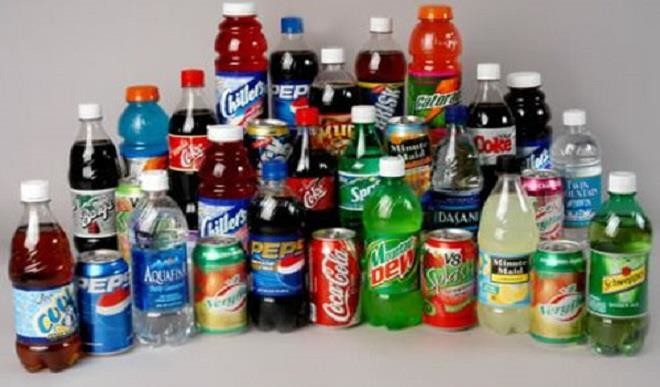Despite the closeness of plants to Lagos, cement prices are shooting beyond the roof in reaction to price hike by the manufacturers recently.
While the producers have blamed the increase on the high exchange rate, cost of spare parts and other logistics, builders and other prospective homeowners are worried that they are not enjoying the benefit of nearness to raw material and market.
The Guardian learnt that the distance of haulage of cement products from Ibeshe cement factory owned by Dangote is about 34 kilometres and from Ewekoro and Sagamu cement plants produced by Lafarge is about 68.5 and 67.3 kilometres respectively.
Similarly, the distance from Obajana cement factory to Kano is about 614 kilometres. In Lagos, a 50-kilogramme (kg) bag of Dangote Cement, BUA and Lafarge is sold between N4, 300 and N4, 600 in Abule Egba, Sango Ota and Lekki areas. In Kano, Dangote goes for N4, 500, while BUA N4, 700 and Lafarge cost N4, 450 for 50kg.
It was further gathered that apart from Kano and Lagos, that have enjoyed growth in construction and real estate activities, which has increased the demand for cement and heightened cost of building materials, a sector that had been reeling under pressure from government policies and debt burdens.
Group Executive Director, Strategy, Portfolio Development and Capital Projects, Dangote Industries Limited, Edwin Devakumar, reportedly said: “We are expanding capacity from about 50,000 tons a day at the beginning of the year to 70,000 tons a day at the end of the year.
“All other producers in the market can sell at their own price,” Devakumar said, adding that price-fixing does not exist in the Nigerian market.
He noted that prices have scaled up on account of higher demand, increased cost of diesel and erratic supply of gas required for powering manufacturing plants.
“Transport fares for moving cement have jumped up, due to congestion at the ports that has resulted in longer turnaround time for trucks.”
Experts said, Lagos is the fastest growing city in the Sub-Saharan African, which puts pressure on building materials, especially cement.
According to an architect, Mr. Olufemi Shodunke, the development of Lagos is unprecedented and cement is in highest demand due to construction activities in both cities.
“In a situation where demand overshoots supply, you are bound to have such price surge,’ Shodunke said.
Besides price increase by manufacturers, he blamed the increase on middle players that want to earn higher profit.
The Vice President, Real Estate Developers Association of Nigeria (REDAN), Southwest zone, Mr. Debo Adejana, said transportation of cement should not be a factor when it concerns bringing the product to Lagos.
He said cement price should not be so high, as their returns are being reflected on the profit declared by the manufacturers.
Adejana said except big developers that could buy in bulk, small private developers, who contribute largely to the increase in the housing stock, find it difficult to do as it reflects on the home prices.
He said that private developers are desirous of engaging manufacturers on how to make cement affordable to their members, adding that they will not relent until it is done.
The immediate past president, Nigerian Institute of Building (NIOB), Mr. Kunle Awobodu, who corroborate the fact that there is more demand in Lagos and Kano than in any other city in Nigeria, anticipated cheaper cement prices.
He, however, said that the expectations that Lagos should benefit from the closeness of cement factories in Ibeshe, Ewekoro and Sagamu are being eroded due to bad roads…



Connect with us on our socials: